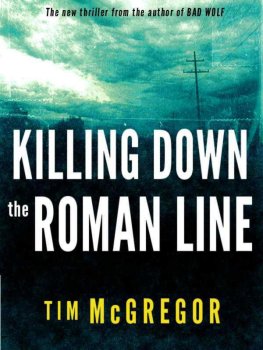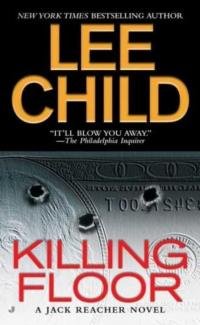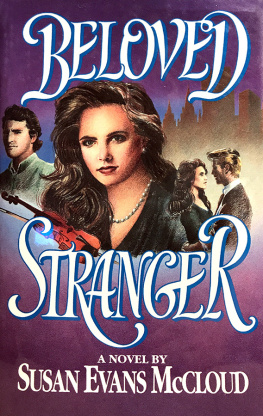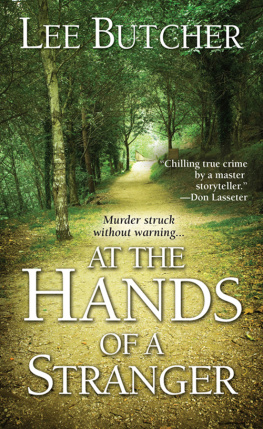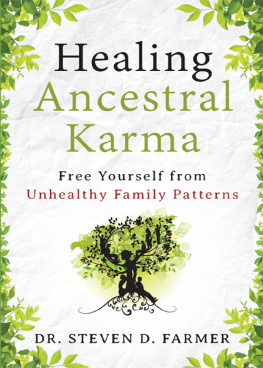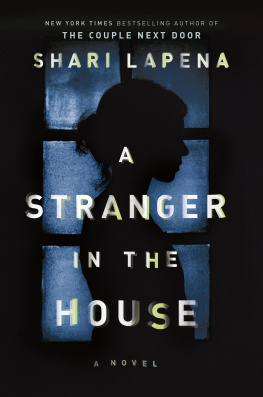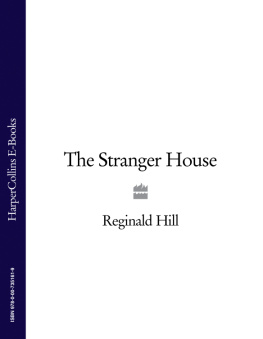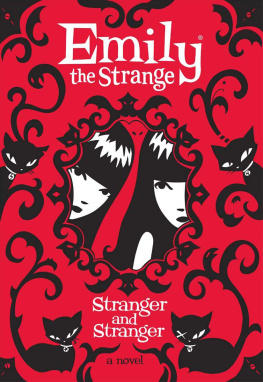Tim McGregor
KILLING DOWN THE ROMAN LINE
I'm gonna make me a big sharp axe
Shining steel tempered in the fire
I'll chop you down like an old dead tree
Dirty old town
Dirty old town
The Pogues
When God chose the cast, he made them spear carriers.
Ken Bruen

The Corrigans are killed.
News of the town, hollered up fever pitch by a boy running down Galway Road this day, this cold February day, 1898. Shop owners stepped onto their verandas to see what all the bellowing was about, women scraped the frost from parlour windows to see the lad running through the snow. Some of them had sniffed the bad business during the night. The smell of smoke, rich and angry, drifting through the town to find them in their beds. A few had even seen the glow of it, hazing over the treeline but none had gone to find its source. Closing the drapes and pulling the blankets tighter, the sign of the cross drawn quickly over brow and shoulders and no more.
The Corrigans are killed.
The boy screaming the news was young Tommy Purtell, a neighbour of the killed family. Hollering and carrying on all the way down the frozen road called the Roman Line, six miles to the constables cottage on Christie Street. The boy banged on the door, rattling the slat wood in its frame but no one answered his call. It was Sunday morning and the peace officer, Constable James Carroll, was known to sleep late on the Sabbath, having spent most of the night keeping the peace of a Saturday night. It was tiring work. When the brawlers and the braggarts refused to settle down, a hard crack of the truncheon was required to restore order and swinging that mace would exhaust a man. So the boy went on, screaming his news to the frozen streets.
The town was small, tucked away in a southwestern pocket of Ontario, Dominion of Canada. Pennyluck by name but Irish by blood. Waves of them, fleeing the great hunger and dumped ashore like broken sacks of dirt. Those bedraggled few too stubborn to die on the coffin ships and too exasperated to give in to the sickhouses. Wandering west from the ports of New Brunswick and Montreal, they settled here in this thicket of pine and weeping willows. This thorny Elysium that some fool had named Pennyluck.
Within the hour, every house had disgorged its occupants and off they marched, trampling the snow down the queens road. Some in buggies, their horses steaming in the cold, a few turned out smartly in sleighs. Most of them on foot, a deranged pilgrimage crunching the ice-crusted ground up the Clapton Road to the Roman Line to see the awful truth with their own eyes.
To make sure the hated Corrigans were well and truly dead.
The house stood oddly untouched but the barn was razed. A great tepee of cindered beams and grey ash. The bones of the family visible in the latticework of blackened timber, smoke still boiling from the eye sockets of the charred skulls. The bones of a horse too, the massive barrelribs like a grim cage within the wreckage. Someone counted the remains and they tallied six bodies in all. A trail of blood, now quickfrozen, led from the barn to the house, where great pools of it lay in dark rinks at the back steps.
The door had been left open, the morning sun slanting into the kitchen. John Ripley, the sole undertaker of Pennyluck, was the only one who ventured inside the house. He found nowhere inside the kitchen to avoid standing in the spilled blood, the floors thick with the stuff, gelled and partially frozen. More of it sprayed up against the walls, red handprints here and there. The killers had left an axe sunk into the floorboards. Something crunched under Mr. Ripleys boot heels and he bent low to see, thinking it shelled corn. It was teeth. He quit the house immediately and no one else ventured inside.
Pennyluckians of every age crowded the Corrigan farm, stamping their feet in the cold and traipsing back and forth through the ashes. They gazed in wonder at the blackened bones, some brazenly prodding them loose with the toes of their boots. Some shook their heads at the horror of it and others crossed themselves and turned away but no one wondered aloud who had done it, who had killed the family. The Corrigans were despised and their enemies were many. Milling over the remains, they spoke in whispers and each man jack flitted his gaze about to avoid meeting the eye of his neighbour.
Thomas Keefe, eldest son of the blacksmith Keefe, found a pocketwatch in the cinders, its face fused to the glass piece. He dangled it on the chain for his friend to see then dropped it into the pocket of his waistcoat. It didnt take long before they were all doing it, pocketing little trinkets and macabre souvenirs of buttons, horseshoes, pins. Talismans of the dead meant to bring on good luck or ward off the bad.
When these artefacts were gone, Fergus Connelly sifted a finger bone from the ash, blew the soot away and slipped it into a pocket. Those around him watched him do it but said nothing, not even a tisk, and then they too were reaching down snatching up splinters of ribs and phalanges and knotty buckles of vertebrae. The grit of the carbonized bones left black smears on their hands. Orton Murdy took up a jawbone, a small thing, a childs bone, until his wife shamed him into putting the godforsaken thing back.
Constable James Carroll did not arrive until half past eleven that morning, head vapoured from drink. By then the remains of six skeletons had been picked over and scattered about like straw on a loft floor. Aside from the six skulls, Constable Carroll could not discern one set of remains from the next, kicked about as they were and lost even among the bones of the horse. A grim task, he scuttled them all into burlap sacks and laid them at the feet of the undertaker Ripley.
Come nightfall, word of a survivor drifted through town like a bad smell. The Corrigan clan were seven in all, living there on the old homestead and only six remains were found. The younger Corrigan lad, Robert, was rumoured to have escaped the slaughter and was now hidden away by a family who feared the boy would be next. The people of Pennyluck took to peering under their beds and searching their barns, thinking the boy was hiding there but no one saw hide nor hair of the lad. Conjecture in the taverns concluded that the boy had been dragged off and killed somewhere else. His bones would be found for sure come spring when the snow melted.
Three days later, Robert Corrigan marched into the police house to give his statement. He was accompanied by the Finn family, also of the Roman Line, who had hidden the boy since that awful night. Constable Carroll shuttered the windows and locked the door. Robert Corrigan was pale, his eyes dim and blasted raw from what he had witnessed. More than a dozen men, he said, had attacked the house and killed his family. Their faces were blackened with soot, their clothes dark. Robert told how his father had raced for his pistol but was too slow, shot down with a rifle and then run through with a pitchfork. His mother was bludgeoned with a shillelagh, her teeth knocked loose upon the kitchen floor. His older brothers were also shot and laid low with axes, his sister strangled with a rope.
Despite their sootblack faces, Robert Corrigan named the assassins. He recognized their voices, saw through their flimsy disguise and heard them address one another by name. Hiding in the root cellar with hands clamped over his mouth as the blood sluiced through the floorboards and dribbled through his hair. He remained there until he heard the vigilantes stomp out of the house to the barn. When he saw the barn go up in flames, he bolted from the house. Barefoot through the snow without ever looking back, the whole two miles to the Finns farmhouse further up the road.

